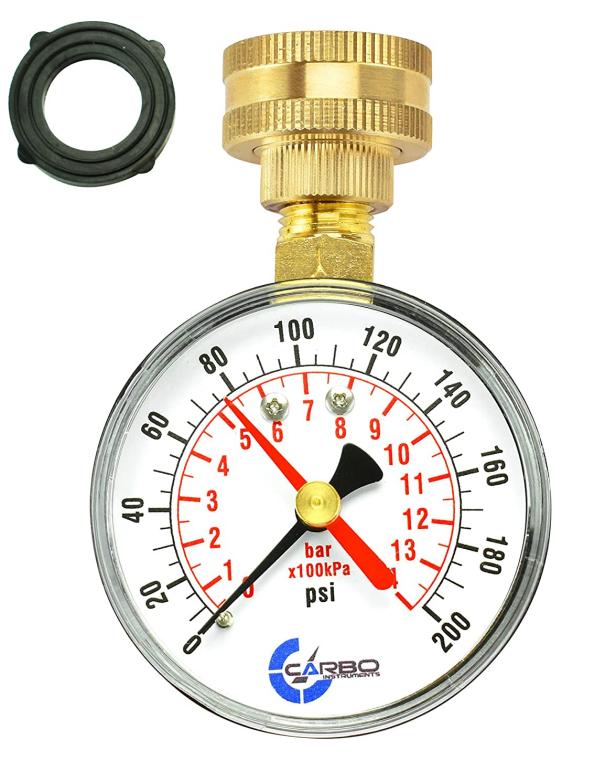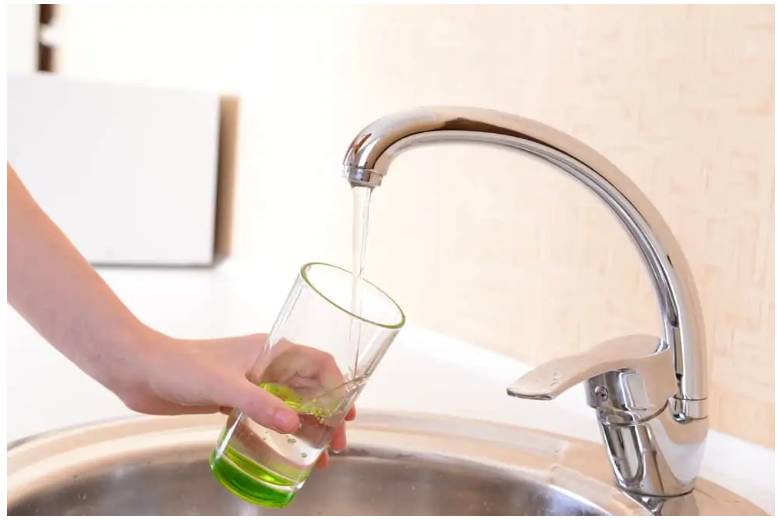Tested Methods for Resolving Low Water Pressure in Your Home
Tested Methods for Resolving Low Water Pressure in Your Home
Blog Article
Nearly everybody seems to have their private theory involving 9 Reasons for Low Water Pressure in Your House.

Low tide stress in your home can be a frustrating trouble, impacting every little thing from showering to cleaning dishes. If you're experiencing weak water circulation, there are several feasible causes and options to explore. In this guide, we'll review typical factors for low water stress and practical steps to attend to the concern efficiently.
Intro to Low Tide Stress
Low water stress takes place when the flow of water from your faucets, showers, and other fixtures is weak than common. This can make daily tasks a lot more difficult and less reliable. Comprehending the causes of low water stress is critical to locating the right solution.
Common Causes of Low Water Stress
Pipeline Obstructions
Gradually, pipelines can end up being clogged with mineral deposits, debris, or debris, restricting the circulation of water. This is a typical issue in older homes with galvanized steel pipelines.
Deterioration
Rust within pipes can bring about leaks and lowered water pressure. Corrosion buildup can tighten water circulation, especially in maturing plumbing systems.
Faulty Pressure Regulatory Authorities
Stress regulators are in charge of maintaining constant water stress in your house. If they malfunction, it can cause low water pressure or unequal circulation throughout the house.
Community Water Issues
Sometimes, the trouble exists outside your home. Municipal supply of water problems, such as main line leaks or maintenance job, can momentarily minimize water pressure in your area.
How to Identify Low Water Stress
Checking Faucets and Fixtures
Begin by checking the water pressure at different taps and components throughout your home. If the concern is isolated to particular areas, it might indicate localized troubles.
Evaluating Pipes
Examine visible pipelines for indications of leakages, corrosion, or clogs. Focus on any uncommon noises, such as knocking or rattling pipes, which can indicate issues within the plumbing system.
Consulting with a Plumber
If you're incapable to pinpoint the source of low water stress, consider employing a specialist plumber to conduct a thorough examination. They can identify underlying problems and suggest ideal services.
Do It Yourself Solutions to Fix Low Water Stress
Cleansing Aerators and Showerheads
Natural resources can accumulate in aerators and showerheads, decreasing water circulation. Get rid of and cleanse these components regularly to improve water stress.
Flushing Hot Water Heater
Debris accumulation in the hot water heater can limit flow and decrease effectiveness. Purging the container occasionally assists get rid of debris and maintain ideal performance.
Examining Pressure Regulator
Make sure that the pressure regulator is working appropriately. Adjusting or changing the regulatory authority can help bring back correct water stress throughout your home.
Clearing Up Clogs in Pipes
For small blockages, attempt utilizing a plumbing serpent or chemical drain cleaner to clear blockages in pipelines. Be cautious when utilizing chemicals and adhere to safety guidelines.
When to Call a Specialist Plumber
If DIY efforts stop working to resolve the issue or if you suspect significant plumbing issues, it's finest to look for aid from a licensed plumber. They have the know-how and devices to resolve intricate issues safely and efficiently.
Preventive Measures to Preserve Water Pressure
Regular Upkeep
Set up regular upkeep for your plumbing system to avoid issues such as corrosion, leakages, and blockages. Addressing minor issues early can help avoid more substantial fixings in the future.
Installing a Stress Booster
Think about mounting a stress booster pump to enhance water stress in areas with constantly low circulation. This can be especially valuable for multi-story homes or properties with high-demand fixtures.
Surveillance Water Usage
Bear in mind water usage behaviors and prevent overtaxing the plumbing system. Easy changes, such as incredible showers and laundry loads, can aid preserve sufficient water pressure.
Verdict
Taking care of low water stress can be discouraging, but identifying the underlying reasons and carrying out suitable remedies can bring back optimal circulation throughout your home. Whether it's cleaning aerators, evaluating pipes, or speaking with a plumber, taking aggressive steps can make sure a steady supply of water for your everyday demands.
FOUR WAYS TO FIX LOW WATER PRESSURE NOW
Turning on a shower or faucet only to find the water comes out in a sad, slow drizzle is never a good feeling. How exactly are you supposed to wash a pan or take a quick shower when it takes 10 minutes just to rinse off a little soap? The good news is that when your water pressure is bad, there's always a cause: typically one that can be easily fixed. Here are some of the most common causes of low pressure and what you can do to fix the issue:
DEBRIS AND MINERAL DEPOSIT BUILDUPS
If you notice low water pressure from just one or two of the fixtures in your house, the problem likely has to do with debris buildup. Water is full of minerals and other debris, all of which can accumulate in your pipes and on your fixtures. This can cause a blockage that affects how much water flows through. To fix this, try filling a small plastic bag with white vinegar, and use a rubber band to hang it around your showerhead or faucet. Let the head of the fixture soak for a few hours, and the vinegar should loosen the deposits.
WATER LEAKS
Leaks are another common cause of low water pressure. If water is flowing out of your plumbing through a hole or crack before it can reach your fixture, the pressure coming out of the faucet or showerhead will be lower. A plumbing professional is your best bet for finding and repairing a leak in your water supply pipes.
Leaks are another common cause of low water pressure. If water is flowing out of your plumbing through a hole or crack before it can reach your fixture, the pressure coming out of the faucet or showerhead will be lower. A plumbing professional is your best bet for finding and repairing a leak in your water supply pipes.
A VALVE ISSUE
If you have low water pressure throughout your home, check your main shut-off valve to make sure it's completely open. You may also want to see if there's a pressure-reducing valve installed. If there is, have a plumber help you adjust the settings to get the pressure you're looking for.
OTHERS USING WATER
Believe it or not, your low water pressure could be caused by your neighbors. If you notice low pressure at certain times of day, it may be because you and the people living next to you have similar schedules - when everyone is showering at the same time, the pressure will be lower in every home. Low pressure throughout the neighborhood may also be caused by an issue with your municipal water supply. If that's the case, call the supplier to see if they're working on the issue.
https://www.rotorooter.com/blog/water-leaking/low-water-pressure-fixes/

We were made aware of that write-up on Low Water Pressure in the House? from an acquaintance on our other site. Do you know somebody else who is occupied with ? Feel free to promote it. Kudos for being here. Kindly pay a visit to our site back soon.
Website Report this page